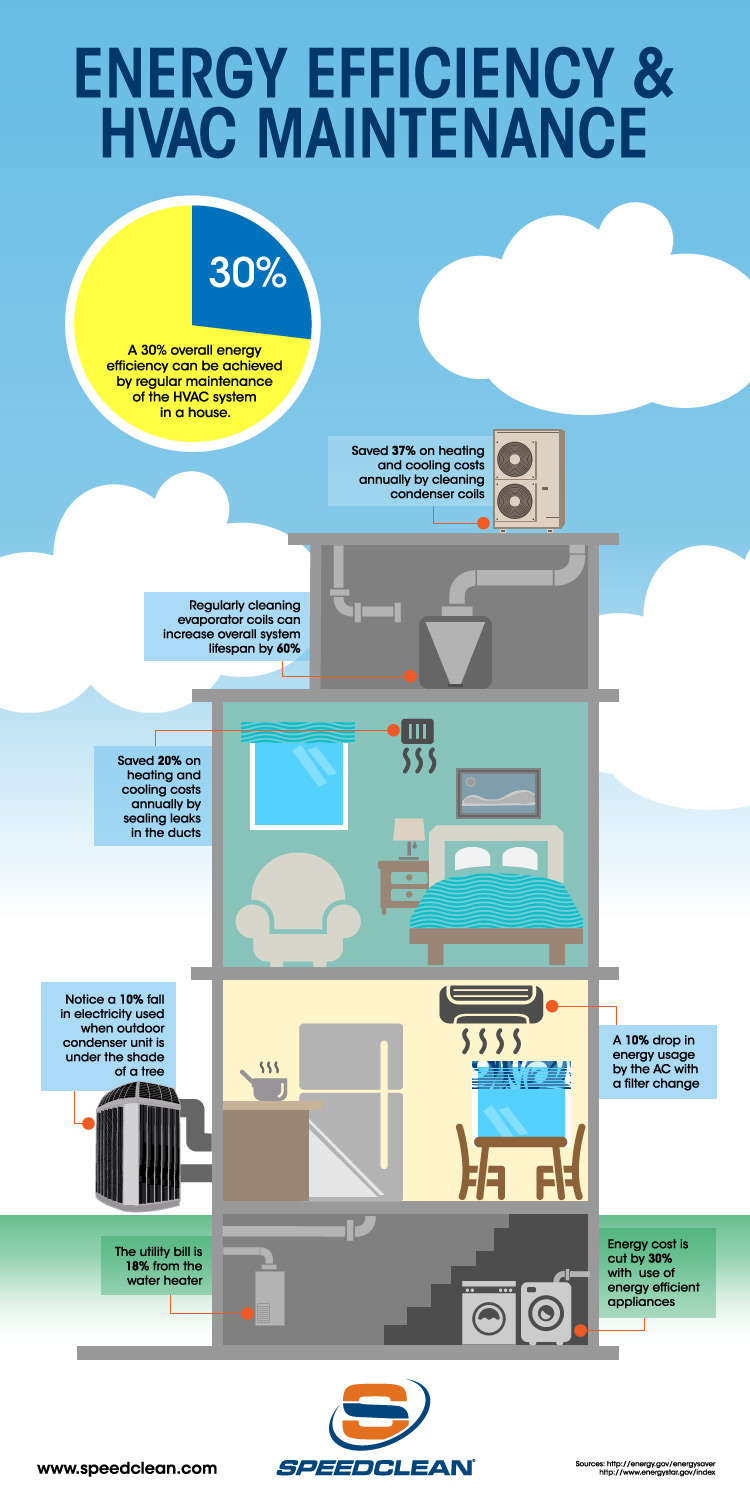Checking Out The Environmental Benefits Of Warmth Pumps - A Sustainable Home Heating Remedy
Checking Out The Environmental Benefits Of Warmth Pumps - A Sustainable Home Heating Remedy
Blog Article
Write-Up Created By-Forsyth Stampe
In a period where sustainability and power performance are extremely important, many services seek eco-friendly heating services. One such solution is the heatpump.
A heat pump extracts the warmth in its environments and pumps it right into your home, leading to one of the most reliable environment-friendly central furnace around. This process also generates zero greenhouse gas discharges, making it a very lasting innovation.
Energy Effectiveness
Heatpump are extremely energy effective and need little upkeep. They utilize less power than various other heater and are without a doubt the most environmentally friendly. They work well with roof solar and can commonly pay for themselves in utility financial savings alone.
They can additionally supply cooling, which is wonderful for garage workshops, attic hangouts and bonus spaces, and home additions without extending the existing ductwork. They can even be utilized for retrofits in existing homes with hydronic (water-based) circulation systems such as low temperature level radiators or glowing floorings.
Seek models with SEER and HSPF ratings that fulfill or exceed Canada's minimum standards, in addition to the criteria in your region. Higher ratings indicate greater effectiveness, which saves you money over time and decreases your carbon impact. You may even get refunds and rewards! The best units are those with a ground warm exchanger for added efficiency. These units can take in thermal energy from the ground throughout the winter season and extract it in the summer.
Reduced Greenhouse Gas Emissions
Heatpump operate on electrical energy and essentially transfer heat from the air, also when it's chilly exterior. They have the ability to extract the free warm caught in air bits and move them inside, minimizing humidity while doing so.
Contrasted to gas heating systems, modern heat pumps use less than one kilowatt of electrical power per kilowatt of home heating power they produce. This makes them one of the most energy reliable home heating choice available with a POLICE (Coefficient of Performance) of four or more. By lowering the requirement for fossil fuels, heat pumps help reduce greenhouse gas discharges and reduce other major air contaminants.
Building decarbonization is a global critical, and the HVAC industry is a key vehicle driver of that procedure. Whether it's investor making internet zero dedications, policy manufacturers establishing discharges limits, or renters demanding greener spaces, electrical heatpump are being recognized as a vital remedy. They are an economical means to lower carbon discharges by getting rid of the demand for fossil fuels in structures.
Flexibility
Heat pumps can be used in several types of homes and buildings-- with or without air ducts. They work with hot-water radiators, air-conditioning and programmable thermostats. They can replace furnaces or be set up in new homes. They can work on solar panels, geothermal systems and even area home heating resources like wastewater.
They're terrific at providing even more warm per power device. As an example, an air-source heatpump creates up to 3 or even more heating systems from each power unit it eats.
Obtaining the most from your heatpump will certainly depend upon your climate zone and top quality of insulation. Search for versions with power STAR scores and compare their SEER or HSPF specifications. In https://costtoaddadditionalhvacve33332.wssblogs.com/29360020/5-signs-it-s-time-to-upgrade-your-furnace-to-a-heatpump , focus on SEER; in colder areas, think about a system with a higher HSPF rating. Furthermore, buy air sealing and insulation to reduce the load on your heat pump. That will certainly improve energy effectiveness and help you reach your Net Zero goals faster.
Biomass Boilers
Biomass central heating boilers utilize timber pellets, chips or logs to develop warm and hot water. They are a good option for off-grid residential properties or those that want to get off the gas grid.
As a standalone furnace, biomass can supply adequate power to keep your home cozy throughout the year without the normal warmth drop off of various other eco-friendly innovations. linked resource site can additionally be utilized along with solar panels to maximise cost savings and take advantage of RHI repayments.
Recommended Looking at of these systems is the upfront cost and routine fuel deliveries. Usually, pellets will certainly require to be blown right into a fuel store making use of a vacuum cleaner system or they can be by hand fed right into the boiler through a hopper. Logs are commonly self-sourced from nearby timberland or bought wholesale. As well as what is the lifespan of a heat pump , they need manual loading and may need cleaning on a regular basis.